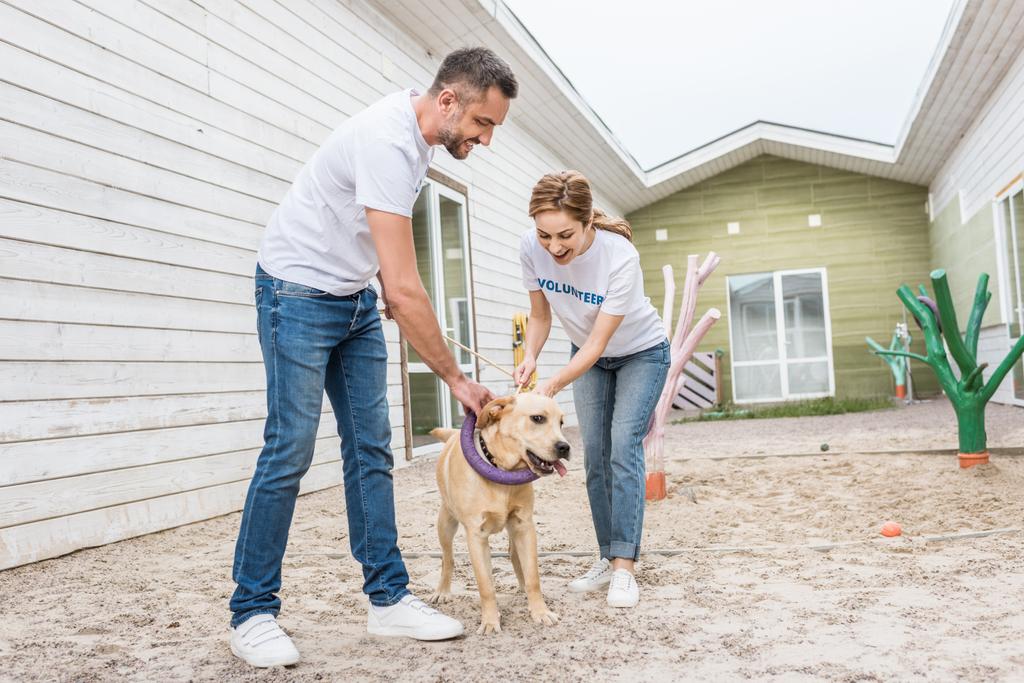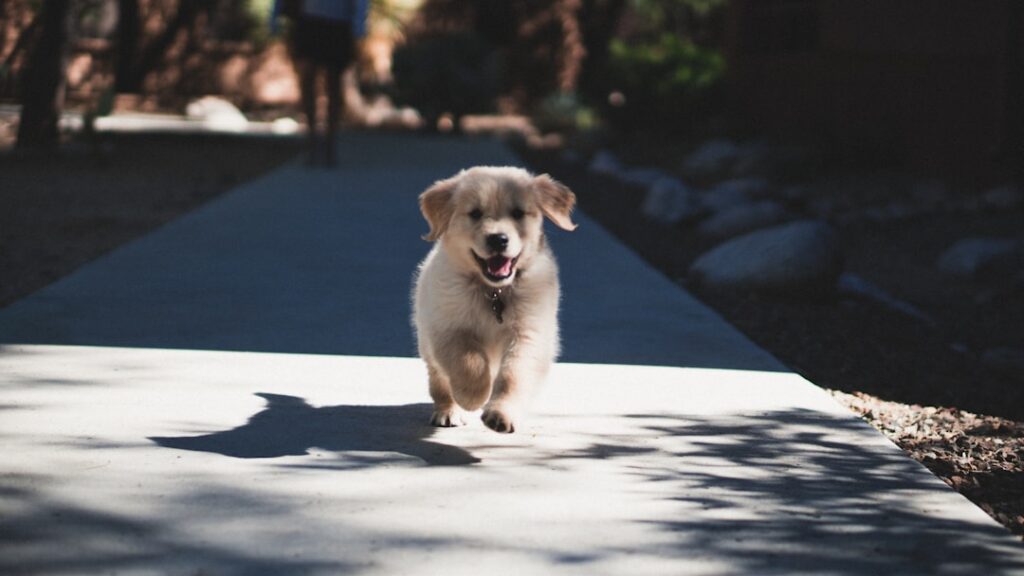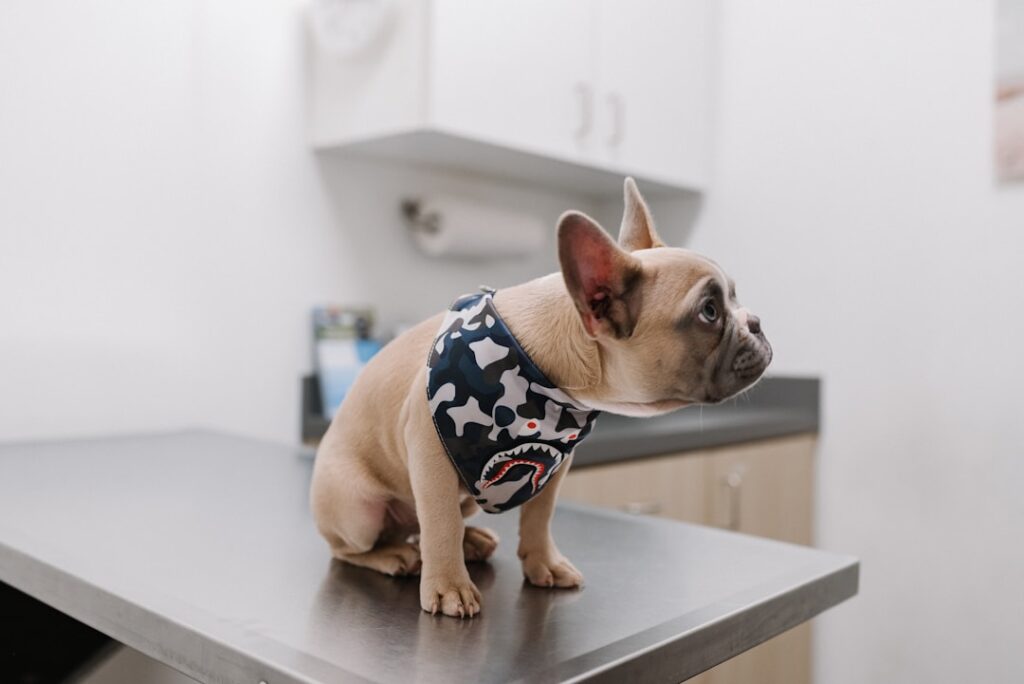
Blog
Tips and Strategies for Taking Care of Your New Furry Friend

Bringing a new pet into your home is a delightful and heartwarming experience. As a new pet owner, you are embarking on a journey filled with affection, fun, and of course, certain responsibilities that ensure the happiness and health of your new companion. Transitioning a pet to their new environment calls for preparations that can be both practical and enjoyable. Below, we explore the fundamental aspects of pet care to help you foster an enduring bond. Keep reading for essential insights on caring for your new furry friend.
Essential Supplies for Your New Pet’s Comfort and Well-Being

Embarking on the journey of pet ownership requires more than just room in your heart; it also calls for room in your home for essential pet supplies. A comfortable bed, food and water bowls, and age-appropriate toys are prime necessities for your pet’s comfort and stimulation. Quality supplies not only provide a sense of security to your pet but also facilitate a smoother transition into their new surroundings.
When selecting products, opting for durability and safety is paramount. Chew-resistant materials and non-toxic components are a must, especially for young pets who are in their teething phase. Accessories such as leashes, collars, or harnesses should not only reflect your pet’s size but also their energy levels, keeping both you and your pet’s safety in mind during outdoor adventures.
Moreover, nutritional supplements can play a vital role in your pet’s health. Including salmon oil for dogs in your canine’s diet, for instance, can support their coat’s sheen and overall vitality. Nutritional needs can vary vastly from pet to pet, so seeking advice from a vet on an optimal diet plan is a wise decision.
Lastly, don’t overlook the importance of identification for your pet. Microchipping and ID tags are crucial in case your pet ever gets lost. This proactive step can drastically improve the chances of a happy reunion, giving you peace of mind as a responsible pet parent.
Establishing a Routine for Feeding, Exercise, and Training
A consistent routine is comforting to pets and is pivotal in their physical and behavioral development. Structured feeding times not only help regulate metabolism but also strengthen the bond between you and your new friend. It’s essential to feed them balanced meals specific to their breed, size, and age and to avoid the temptation of overfeeding, which can lead to health issues.
Exercise is another critical component of your pet’s daily routine. Adequate physical activity ensures that they expend energy in a healthy way, preventing boredom and potential destructive behaviors. Whether it’s a brisk walk, a visit to the dog park, or playtime at home, each pet requires a different amount of exercise, so tailor your routine to your pet’s needs.
Training is equally crucial for a well-adjusted pet. Basic obedience training not only fosters good manners but also ensures their safety and can greatly enhance your ability to manage your pet in various situations. Patience and consistency are key in any training regimen—rewards-based training can be especially effective in reinforcing positive behavior. Maintaining a stable routine can take time and effort to establish, but the payoff in your pet’s well-being and your shared happiness is enormous.
The Importance of Regular Veterinary Check-Ups for Early Detection

A proactive approach to healthcare can add years to your pet’s life and vastly improve their quality of life. Regular veterinary check-ups are an integral part of preventive care and can lead to the early detection of conditions that could become more severe. These check-ups typically include routine vaccinations, parasite control, and a thorough physical examination.
Veterinarians also provide valuable advice on pet care, including diet, exercise, and dental hygiene. They can guide you through the stages of your pet’s life, offering insights pertinent to each phase. For instance, senior pets may need more frequent check-ups and possibly a change in diet or lifestyle to accommodate their aging bodies.
Emergencies happen, and being prepared can make all the difference. Knowing the location of your closest 24-hour veterinary hospital, along with having an understanding of basic pet first aid, can assist you in acting swiftly should an unexpected situation arise.
Further, having a working relationship with a veterinarian gives you a trusted point of contact to address any health concerns that crop up. This relationship is beneficial for the vet as well, as they develop a comprehensive knowledge of your pet’s health history, which can be crucial in diagnosis and treatment.
Responsible pet ownership encompasses a broad spectrum of care from the excitement of picking out toys to the diligence of health check-ups. By laying out a strong foundation of supplies, routines, social experiences, and grooming habits, you will enhance the bond you share with your pet and provide them with a loving, healthy, and joyful life.

